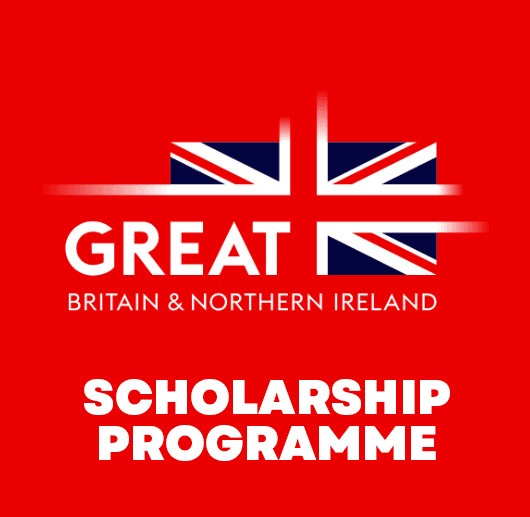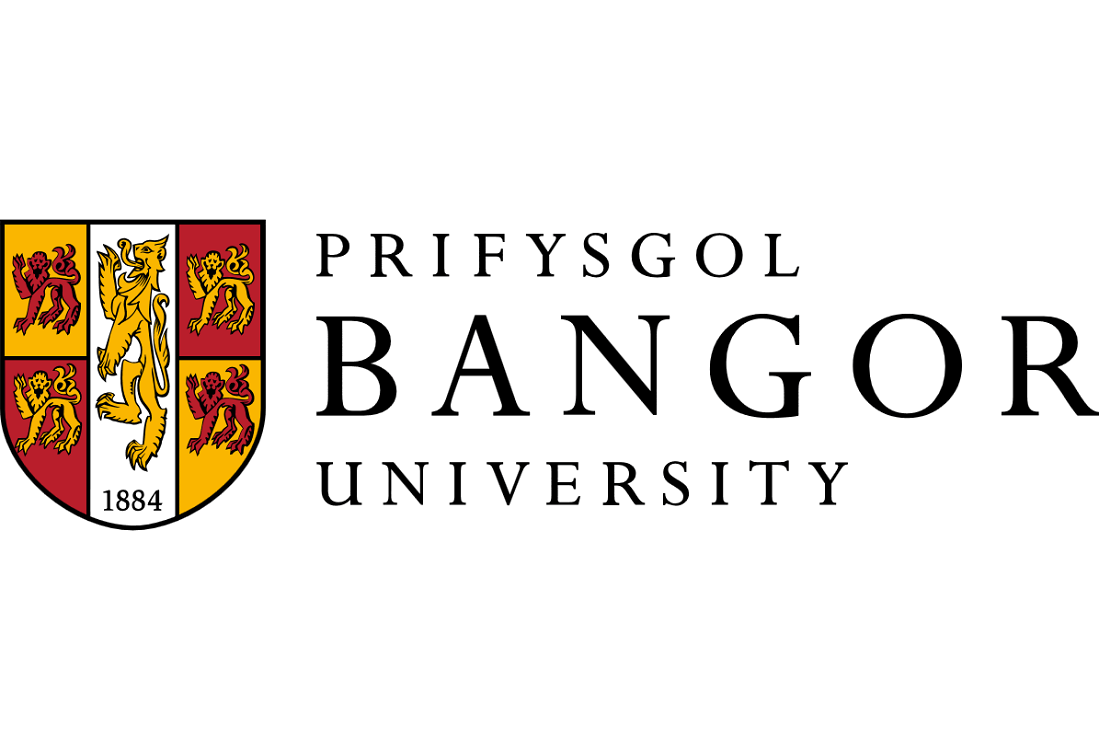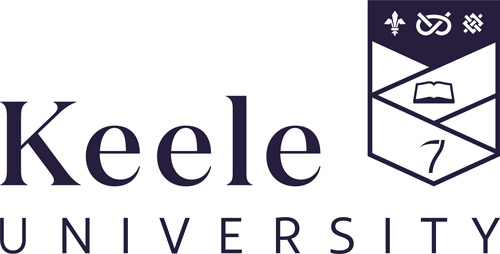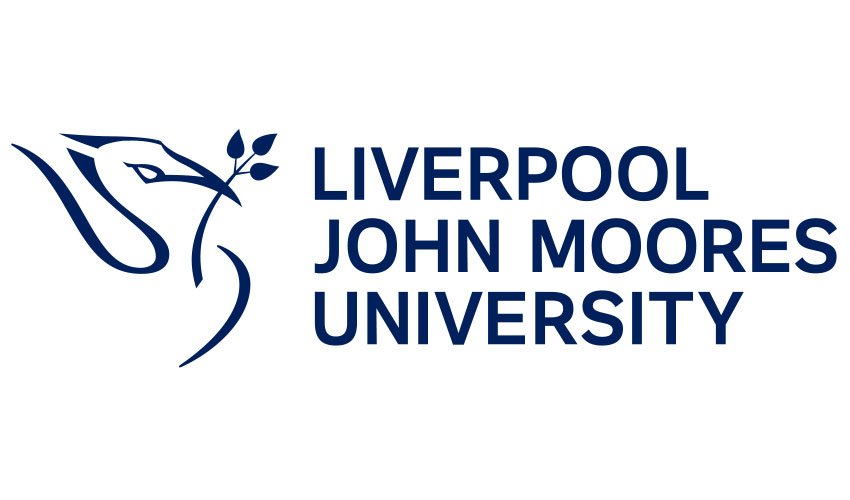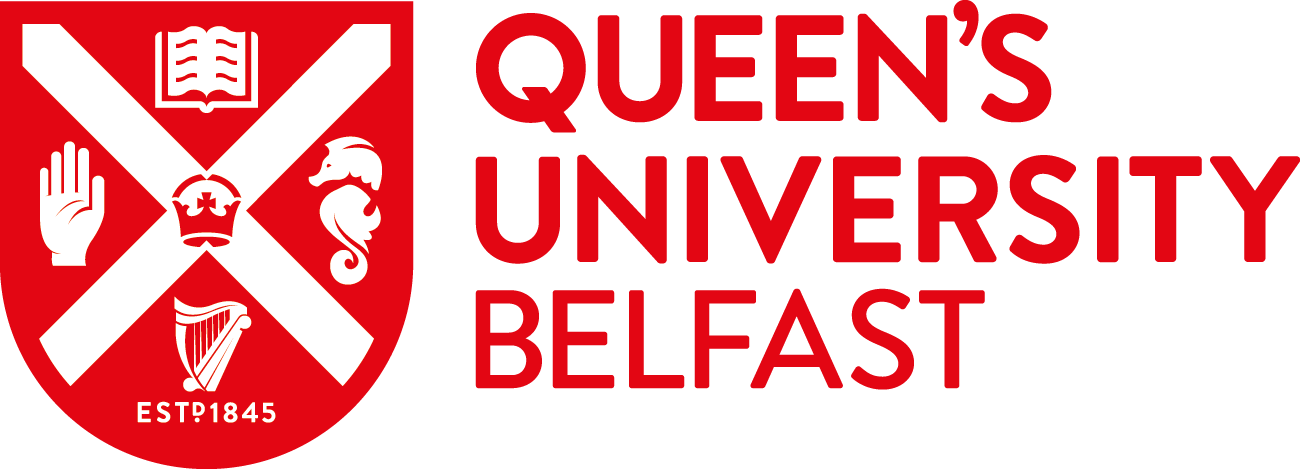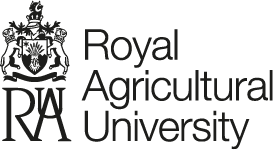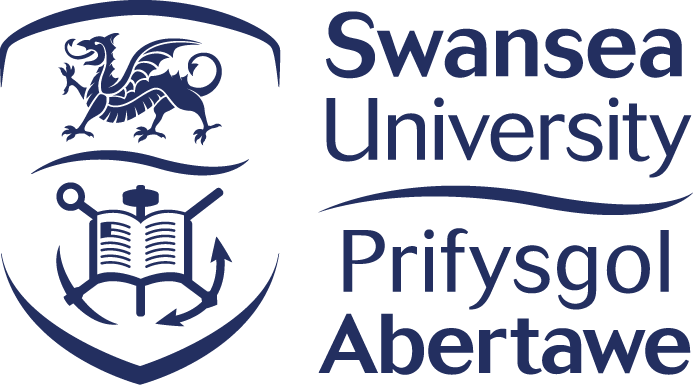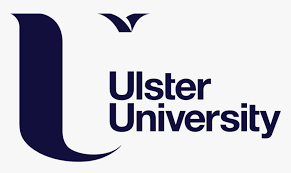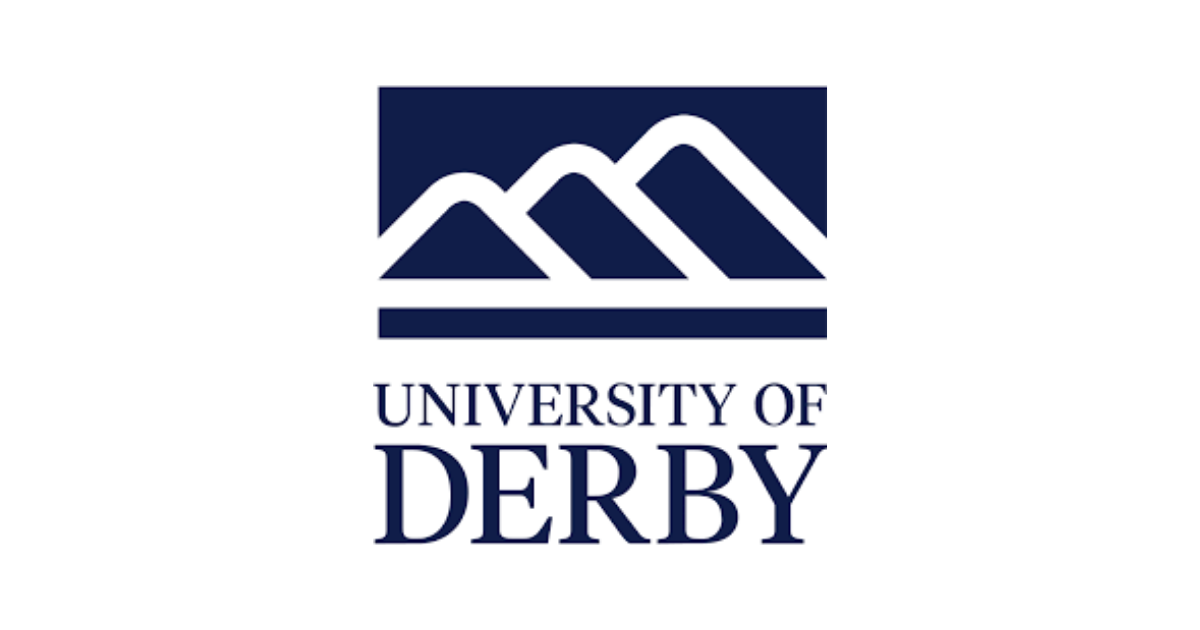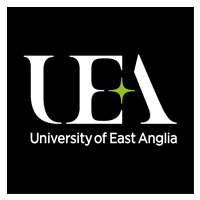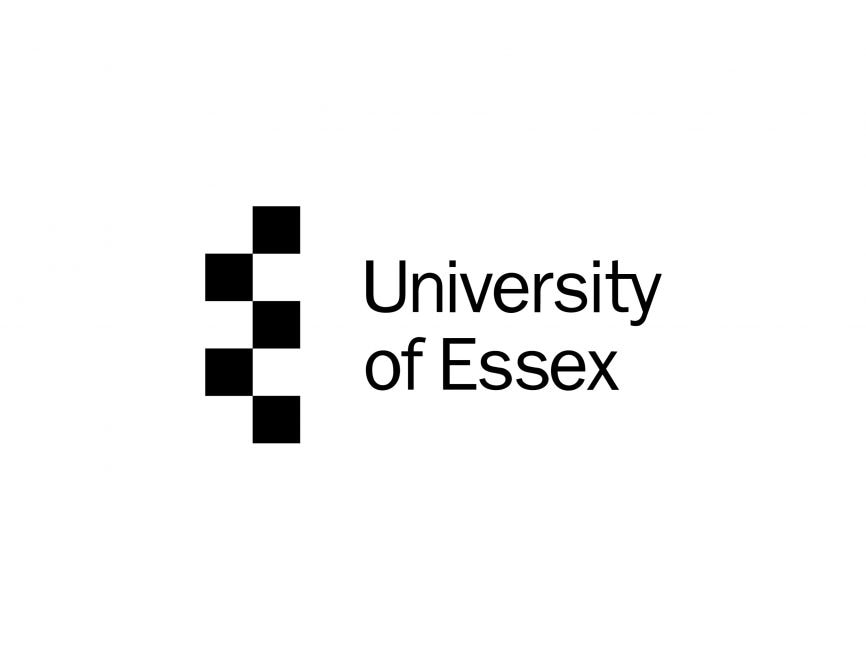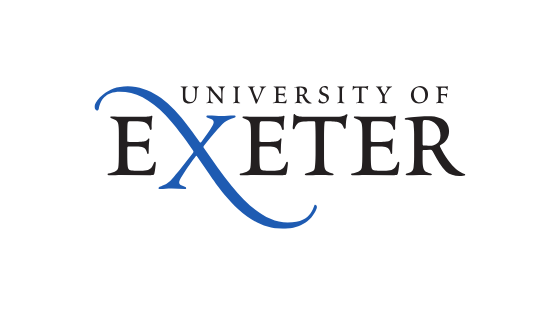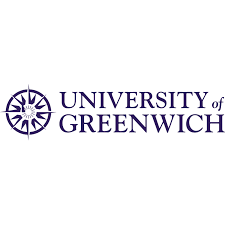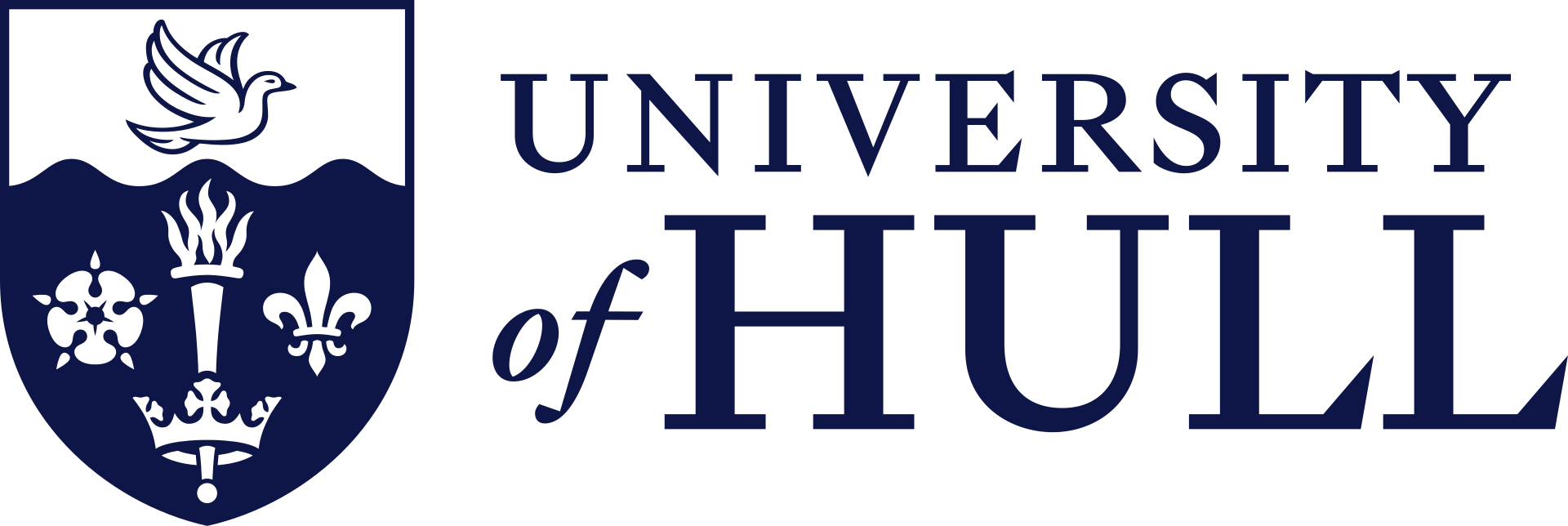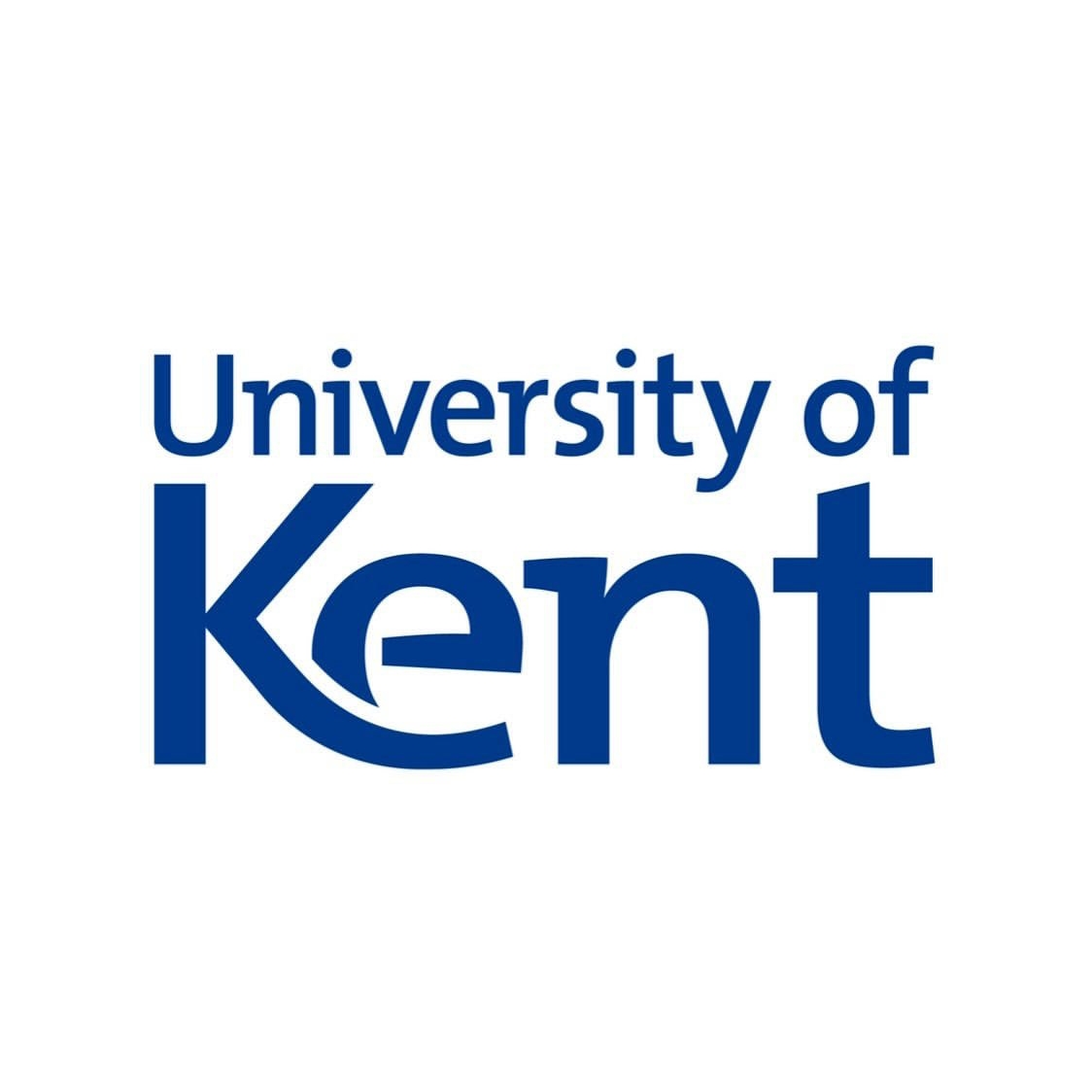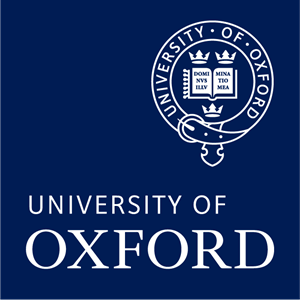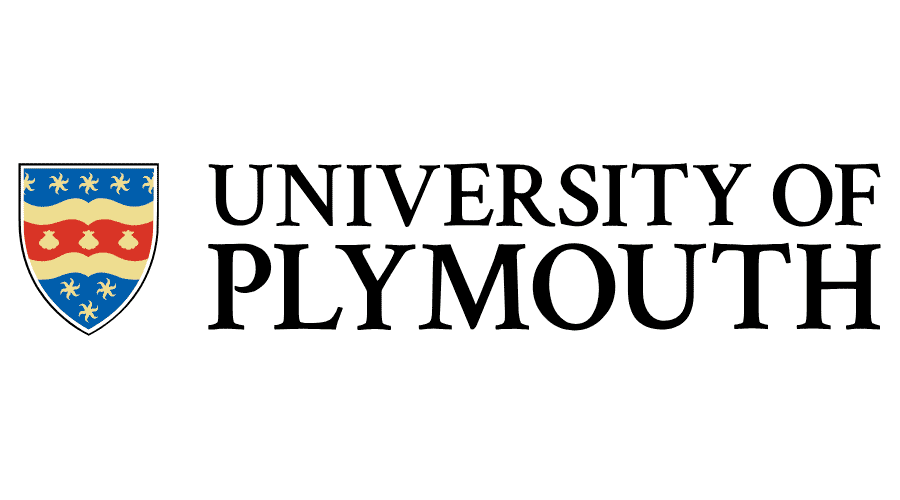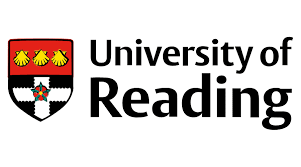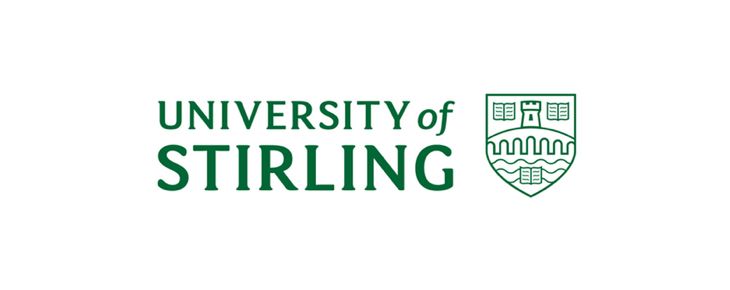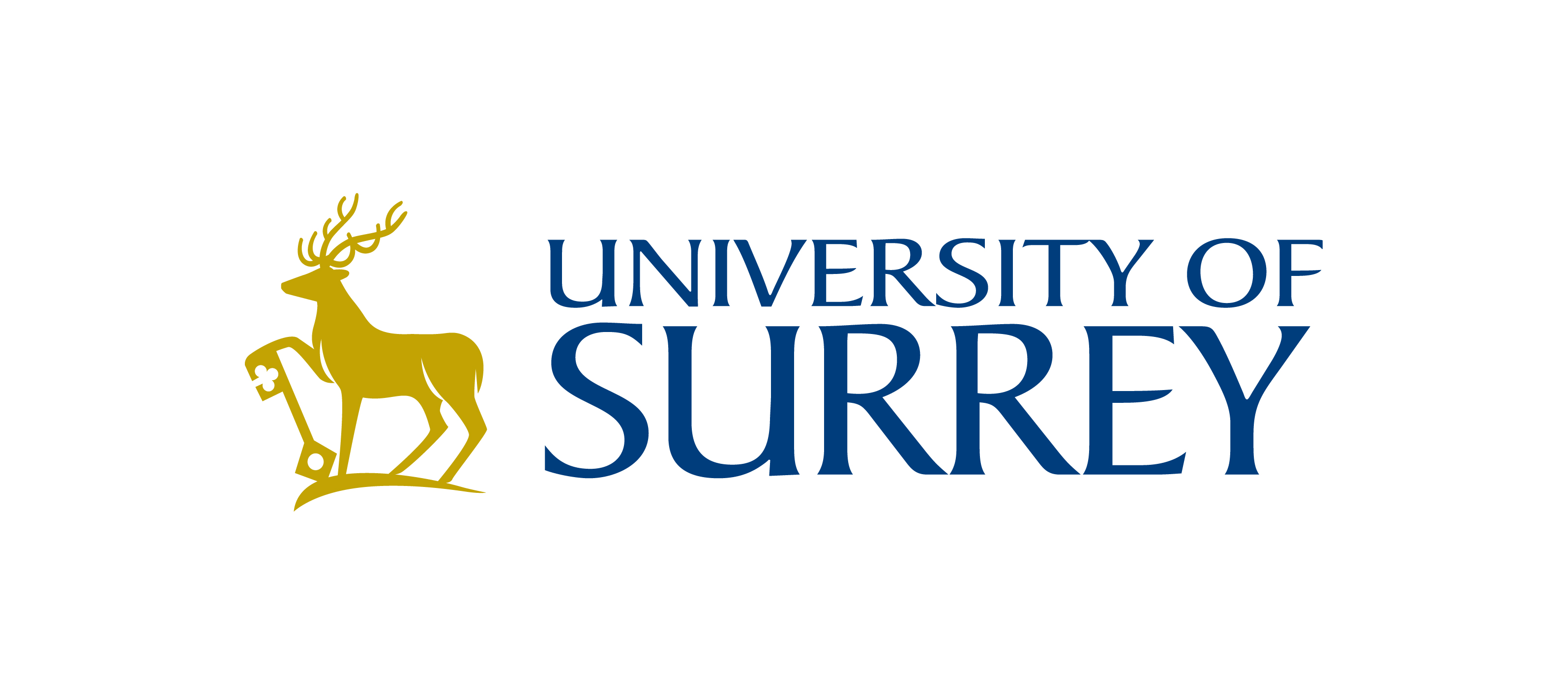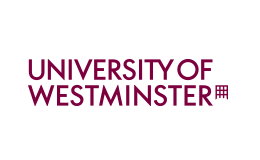Discover the GREAT Scholarships program, a fantastic opportunity for international students to pursue postgraduate studies in the UK. Funded by the British Council and UK universities, these scholarships provide £10,000 towards tuition fees for one-year master's programs. Available to students from 18 countries including India, Pakistan, China, and Nigeria, GREAT Scholarships cover a wide range of fields. Learn about benefits, eligibility, and how to apply in this comprehensive guide to boost your academic journey abroad.
About GREAT Scholarships
Are you dreaming of studying in the UK but worried about the costs? The GREAT Scholarships program could be your gateway to an exceptional education. This initiative, launched by the British Council in partnership with UK universities and the UK government's GREAT Britain Campaign, offers financial support to talented international students. With a total of over 140 scholarships available across 60 universities, it's designed to foster global talent and cultural exchange. Let's dive into what makes GREAT Scholarships a game-changer for aspiring scholars.
GREAT Scholarships Benefits
The benefits of GREAT Scholarships extend far beyond financial aid. Recipients gain access to world-class education, networking opportunities, and cultural immersion in the UK. Here's a breakdown:
| Benefit | Description |
|---|---|
| Financial Support | £10,000 towards tuition fees for one-year postgraduate programs. |
| Networking Events | Invitation to welcome and networking events to connect with peers and professionals. |
| Global Exposure | Study alongside diverse classmates and faculty, enhancing your international perspective. |
| Career Boost | Prestigious award that strengthens your CV and opens doors to future opportunities. |
| Cultural Experience | Immerse in UK life, from historic cities to innovative campuses. |
Eligibility Criteria
To qualify for GREAT Scholarships, applicants must meet specific requirements. Students are also encouraged to demonstrate strong academic performance, leadership potential, and a clear motivation for pursuing studies in the UK. Applicants targeting niche-specific awards, such as GREAT Scholarships for Justice and Law or Climate Change, must ensure their chosen field of study aligns with the scholarship’s focus area. Check country-specific pages for exact criteria, as they may vary slightly.
Eligibility Criteria for GREAT Scholarship
To be eligible for this exciting opportunity, make sure you tick the following boxes:
- Citizenship and Residency: You must be a citizen and current resident of an eligible country, including India, China, Indonesia, Turkey, Malaysia, or Thailand.
- Educational Background: A completed undergraduate degree from a recognised institution in your home country is required.
- Academic Excellence: Show strong academic performance and a clear passion for your chosen postgraduate program in the UK.
- English Language Proficiency: You’ll need to meet the English requirements of your UK university, typically through IELTS, TOEFL, or equivalent tests.
- University Admission: A conditional or unconditional offer for a full-time, taught postgraduate course at a participating UK university is essential.
- Course Start Date: Your postgraduate programme must begin in September, mark your calendar!
- Scholar Engagement: As a successful applicant, you’ll be expected to represent the scholarship program, attend networking events, and engage with the British Council and your university community.
Application Process
Applying for GREAT Scholarships is straightforward but requires careful planning. Ready to study in the UK with a GREAT Scholarship? Here’s your step-by-step guide to make it happen:
- Apply for a Postgraduate Course: First, secure an offer for a full-time, taught postgraduate program at a UK university participating in the GREAT Scholarships scheme.
- Find the Scholarship Page: Once you’ve got your offer, head to your university’s website and locate their dedicated GREAT Scholarship application page.
- Submit the Scholarship Form: Complete the online application form, it may be part of your course application or a separate process, depending on the university.
- Upload Your Documents: Prepare and submit all required materials, including academic transcripts, a personal statement, proof of English proficiency, and relevant experience.
- Meet the Deadline: Each university sets its own scholarship deadline, so double-check and apply on time to stay in the running.
- Wait for the Decision: The university will review applications and notify successful candidates directly. Fingers crossed!
- Finalise Your Registration: Once you’ve registered for your course, the university will typically release your scholarship funding.
When planning your application for the 2026–27 GREAT Scholarships, it’s important to keep an eye on timelines. Deadlines typically fall between March and June 2026, though exact dates vary depending on the university and country. To stay ahead, applicants are encouraged to check official university pages early. Starting your research in advance ensures you won’t miss out on this opportunity.
Selection Criteria
Successful applicants to the GREAT Scholarships program go beyond meeting basic eligibility. They bring passion, purpose, and presence.
- Motivation and Focus: Your essays and statement of purpose should clearly reflect your enthusiasm for your chosen field and your drive to make an impact through postgraduate study.
- Academic Strength: A solid academic background is essential. Universities look for candidates who’ve consistently performed well and are ready to thrive in a rigorous academic environment.
- Active Engagement: Scholars are expected to engage meaningfully with both the host university and the British Council, serving as ambassadors for the program during and after their studies.
- Community and Networking: Be open to connecting with fellow GREAT scholars. Sharing experiences through networking events is a key part of the journey and an opportunity to build lifelong global connections.
Fields of Study
GREAT Scholarships support a vast array of one-year taught postgraduate courses across disciplines. While open to many areas, some scholarships target specific themes:
- General: Any eligible master's program.
- Justice and Law: GREAT Scholarships for Justice and Law support postgraduates pursuing legal studies aligned with justice-focused fields.
- Climate Change: Environmental and sustainability-focused courses.
- Science and Technology: STEM fields for innovation-driven applicants.
- Sustainable Future: Programs addressing global challenges.
Whether you're interested in business, engineering, arts, or health, there's likely a fit. Explore great scholarship courses on university sites for more details.
Tips for a Strong Application
To stand out in your GREAT Scholarship application, keep these essentials in mind:
- Share Your Why: Clearly express what drives your passion for your chosen field, your motivation matters.
- Showcase Your Potential: Highlight your academic strengths and how you’ll contribute to the UK’s vibrant postgraduate community.
- Engage Beyond the Classroom: Demonstrate your enthusiasm for participating in campus life, networking events, and cultural experiences.
- Apply Early and Strategically: Each university has its own deadlines and requirements. Start early to stay ahead, competition is high, and timing is everything.
Conclusion
GREAT Scholarships open the door to world-class education in the UK, without the financial stress. Whether you're searching for general opportunities or niche programs, this initiative empowers international students to turn ambition into achievement. Your journey to one of the world’s top academic destinations starts here.

